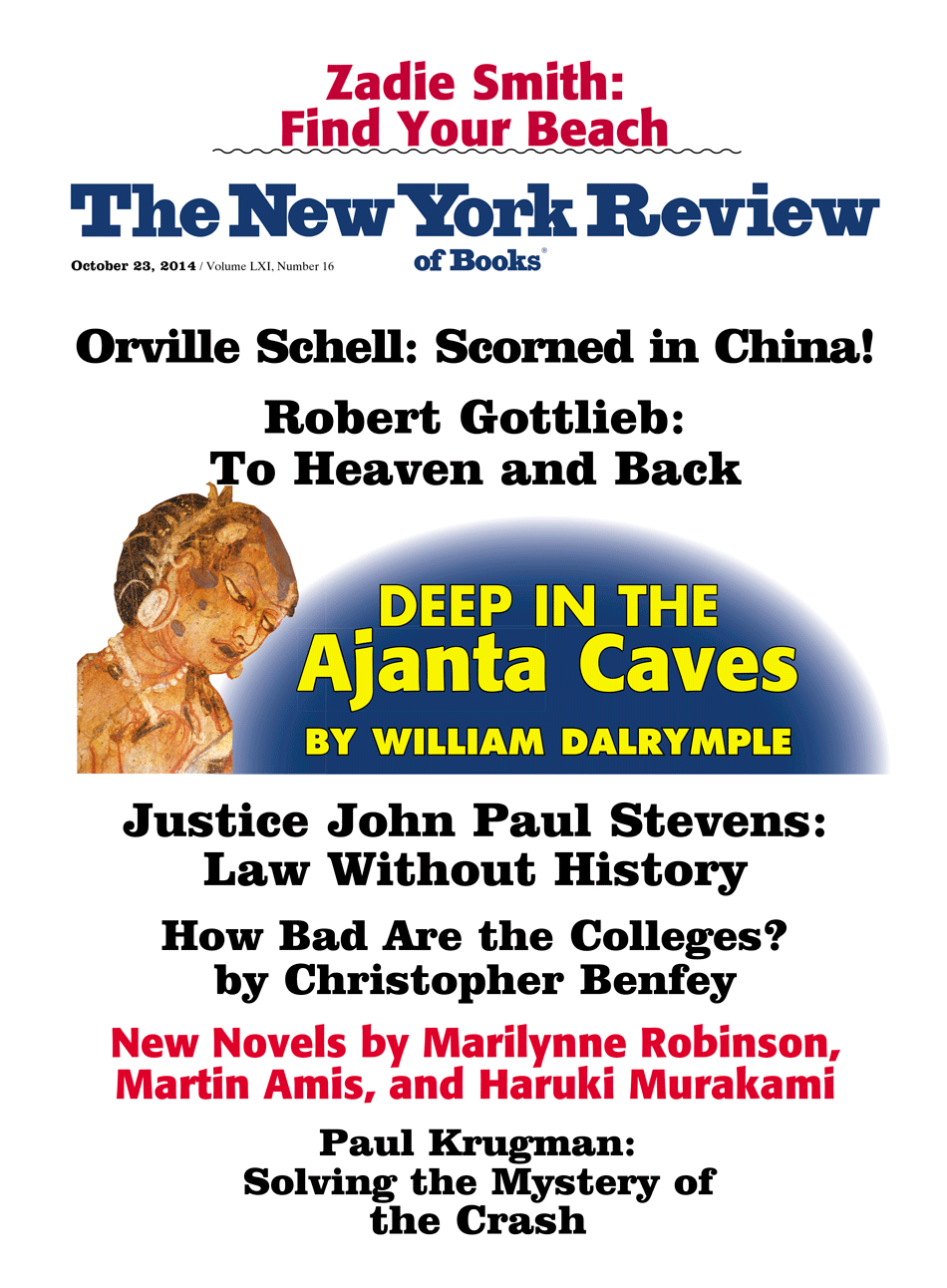In response to:
What Your Computer Can’t Know from the October 9, 2014 issue
Listening to Reason from the October 9, 2014 issue
To the Editors:
Concerning the “Philosophy Issue” [NYR, October 9], I would just like to commend the reviews by Thomas Nagel and John Searle. Both show the power of conceptual clarification in making intellectual progress, thus vindicating a traditional aim of philosophy. In the case of Nagel’s review, this careful analysis yields the important result that science is not the only form of truth and rationality, with morality emerging as a reputable domain of truth-seeking discourse.
In the case of Searle’s review, we come to see that an enormous amount of contemporary talk about information and computation is based on identifiable confusions—in particular, confusions between information in the observer-independent sense and information in the observer-relative sense (intrinsic and projected information, in other words).
I hope that the scientists take these trenchant essays to heart, and that a younger generation of philosophers tries to follow their example. These essays are models of what philosophy in the public domain should look like. (I also liked very much Tamsin Shaw’s essay on genius—another model of its type.)
Colin McGinn
Miami, Florida
This Issue
October 23, 2014
How Bad Are the Colleges?
Find Your Beach
Law Without History?


